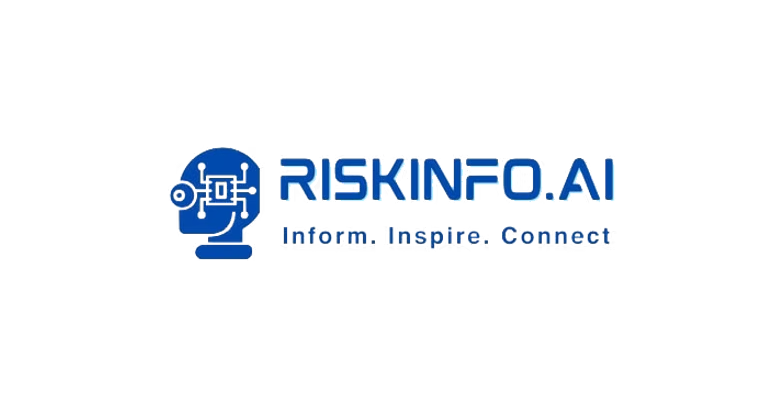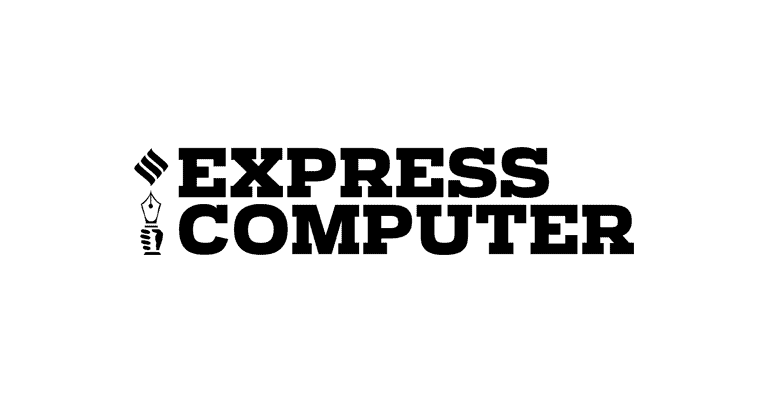The future of jobs will be technology integrated, leading to the emergence of new segments like design, coding, entertainment, content, creating different jobs, and requirement of new skills, blurring the difference between dedicated office space and personal space.
Por Ratna Mehta
Jack Welch has rightly said that “If the rate of change on the outside is more than that on the inside, the end is not far.” This thought becomes all the more relevant when we envision the future of jobs.
Every decade in India is attributable to some big change – the 90s was an era of liberalization, 2000s saw the dotcom boom and bust as well as the great financial crisis of 2008. 2010 onwards we have seen a rise in technology leverage. The fast adoption of smart technology and artificial intelligence is changing every aspect of our life – how kids study, how we shop, how we approach our jobs, etc. In fact, it is going to be extremely intriguing to see the type of jobs that will evolve in this fast-changing world.
As per a research conducted by Ernst & Young, “9% of the people would be deployed in new jobs that do not exist today and 37% would be deployed in jobs that have radically changed skill sets.”
What are the upcoming trends that we will soon see when it comes to jobs? None of us has a crystal ball to predict this, but the seeds of the new trends are being sown rapidly in this decade. There are close indicators of things to come and which have given rise to many questions:
- Paperless office? Or no offices at all?
- Digital, digital and digital: Will this mantra manifest itself differently over time?
- Full-time staff Vs GIG workers; not only in blue/grey collar, but also white collar jobs?
- Redundancy will increase due to automation, but will new genre of jobs get created?
- What are the new type of jobs that will get created – right brain at work?
- We don’t have concrete answers to any of these immediately, but surely, we are seeing the winds of change gaining momentum.
Winds of Change
- As per a Foro Económico Mundial (WEF) survey, 24% of companies hire contractual workers, while 19% reported hiring freelancers
- 33% of companies report a change in the skills they require owing to the adoption of new technologies
- The future of jobs will be technology integrated, leading to the emergence of new segments like design, coding, entertainment, content, creating different jobs, and requirement of new skills, blurring the difference between dedicated office space and personal space
- Many experts’ consensus is that some professions will be totally automated in the next five to ten years. Roles like that of accountants, factory workers, truckers, paralegals, and radiologists will face disruption in the future. Clerical work could be hit the hardest by automation
Unleashing Creativity to stay relevant
Creativity and right brain thinking is what will aid survival and success in the new world:
- Creative jobs: A few creative jobs like VFX artist, Computer vision engineer, Data scientist, Data architect, AI research scientist, RPA developer, Language processing specialist, Blockchain Architect, and Robot Programmer will emerge in the ecosystem
- Creative Thinking: Workers will need to learn novel skills to pursue these jobs or adapt to their current roles. At the workplace, creativity means how an employee thinks of a new way to solve a problem, whether it’s improving the customer experience in some way or streamlining a complex internal process
- Social, emotional & cognitive skills: Workers of the future will spend increased time on activities that machines are less capable of managing people, applying expertise, and communicating with others. They will devote lower time to predictable physical activities and collecting and processing data, where machines already outperform humans
How does this impact you and me? It will reach us before we imagine, so it’s important that each of us look at what we are doing, see its relevance in the current and future scheme of things, see how we can improve efficiency through constant innovation and learn new skills required to do that. Upskilling and reskilling will become the need of this decade for us to stay relevant, grow and succeed.
Fuente: ET HRWorld




